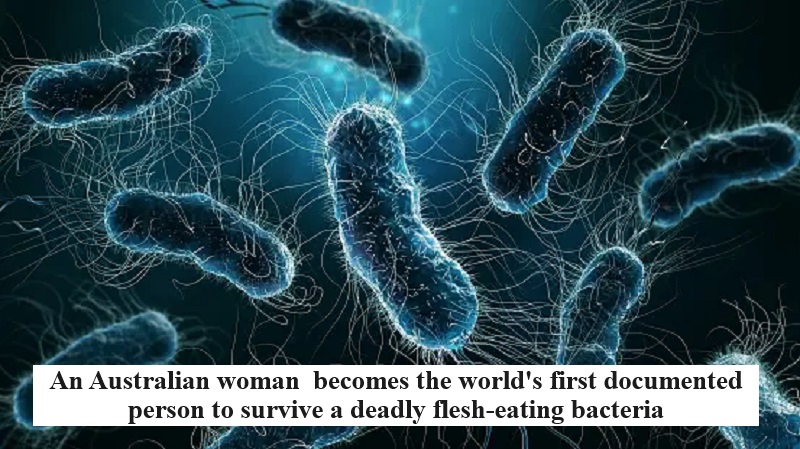
A remarkable case has emerged from Australia, where a woman has achieved the distinction of being the world’s first recorded individual to survive an infection caused by a pathogen typically associated with the fatal “blackleg” disease in sheep and cattle.
The medical practitioners responsible for her care have documented this extraordinary case in the Medical Journal of Australia, providing a comprehensive account of the successful treatment of this pathogen. It is worth noting that there have been only two previous instances of such infections in humans—one in Japan and the other in the United States—both of which tragically ended in fatality.
Dr. Ria Ko, the lead author of the article, was in the role of an advanced trainee in infectious diseases at Sydney’s Prince of Wales Hospital when this unprecedented case unfolded. Last year, a 48-year-old woman was admitted to the hospital with a dire health condition characterized by multi-organ failure, including significant damage to her kidneys and liver, alongside dangerously low blood pressure.
Promptly, the hospital admitted the patient to intensive care. She presented symptoms such as fever, diarrhea, abdominal discomfort, and signs of shock. Dr. Ko, conducting blood culture testing, made a startling discovery: the presence of a bacterium in the patient’s bloodstream, known as Clostridium chauvoei, which was entirely unfamiliar to her.
Upon delving into the patient’s history of exposure, Dr. Ko elucidated, “We thought that the most likely point of entry for this bug would be from contaminated soil, with Clostridium chauvoei entering her bloodstream through these scratches.” She further noted that although there was scant information available on how to treat human infections caused by this bacterium, the veterinary realm acknowledged it as the primary cause of blackleg disease in cattle.

Post Your Comments